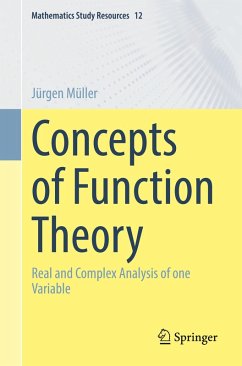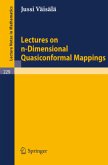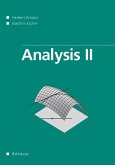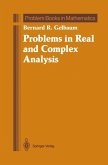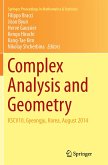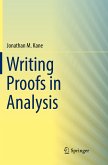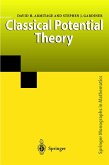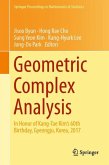This textbook presents a direct path from real analysis of one variable to function theory. Classical topics of one-dimensional real analysis, such as differential and integral calculus, are largely presented from a complex perspective. The goal is a self-contained exposition extending to the Runge theorems and the dynamics of entire functions. Short sections appended to each chapter on concepts of function theory provide glimpses into higher-dimensional analysis and an impression of its universal significance for mathematics. The book is structured so that parts can also serve as a basis for a seminar.
Thus, this fascinating area of mathematics becomes accessible to students whose programs do not focus on mathematics and for whom a classical introduction to function theory would be too time-consuming. This book enables them to take a step into complex analysis, through which they can recognize a multitude of connections that remain hidden in real analysis.
The translation was done with the help of artificial intelligence. A subsequent human revision was done primarily in terms of content.
Thus, this fascinating area of mathematics becomes accessible to students whose programs do not focus on mathematics and for whom a classical introduction to function theory would be too time-consuming. This book enables them to take a step into complex analysis, through which they can recognize a multitude of connections that remain hidden in real analysis.
The translation was done with the help of artificial intelligence. A subsequent human revision was done primarily in terms of content.

